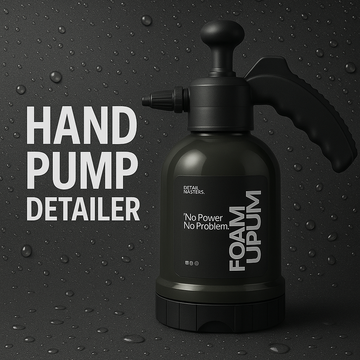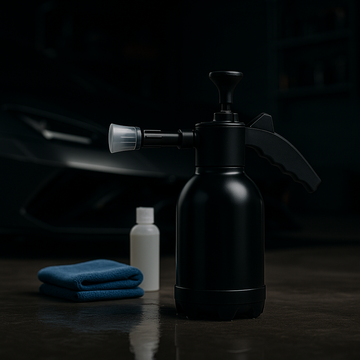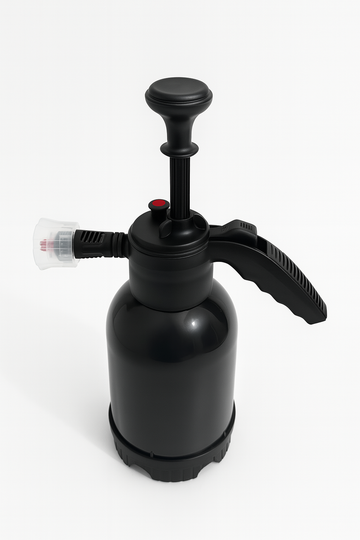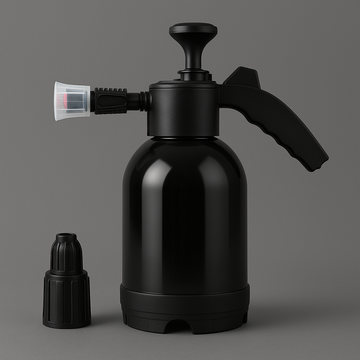When it comes to moving water efficiently, whether for your home, farm, or industrial site, a water pump is one of the most essential tools you can own. From draining a flooded basement to irrigating crops or boosting household water pressure, water pumps serve a wide range of purposes—and understanding how they work can help you choose the right one.
What Is a Water Pump?
A water pump is a mechanical device that moves water from one place to another, typically using suction and pressure. These pumps come in various types and sizes, designed to handle different volumes of water, types of terrain, and specific uses.
Common Types of Water Pumps
-
Centrifugal Pumps
Ideal for clear water applications, these pumps use a rotating impeller to draw water in and push it through the system. They're commonly used in homes, commercial buildings, and irrigation. -
Submersible Pumps
As the name implies, these pumps are designed to operate underwater. They're great for deep wells, sump systems, or draining pools and basements. -
Jet Pumps
These are often used for drawing water from wells and can be installed above ground. They use suction to lift water and are ideal for shallow or moderately deep sources. -
Booster Pumps
Used primarily to increase water pressure in homes or businesses, these pumps ensure consistent water flow in buildings with low water pressure.
Why You Might Need a Water Pump
-
Flood Management: In flood-prone areas, a pump can quickly remove unwanted water from basements or crawl spaces.
-
Irrigation: Farmers and gardeners rely on pumps to move water from wells, rivers, or reservoirs to their fields.
-
Well Water Supply: Homes without access to municipal water often depend on pumps to extract water from private wells.
-
Pressure Boosting: In multistory buildings or remote areas, booster pumps maintain steady and strong water flow.
Tips for Choosing the Right Pump
-
Know Your Water Source: Is it a shallow well, deep well, or surface water?
-
Determine Flow Rate Needs: Measured in gallons per minute (GPM), this tells you how much water you’ll need.
-
Consider Energy Efficiency: Look for energy-efficient models to keep operational costs low.
-
Think About Maintenance: Some pumps require regular maintenance, while others are low-maintenance or even maintenance-free.
Final Thoughts
Water pumps are powerful tools that play a crucial role in both daily life and large-scale operations. Whether you’re managing a home, farm, or industrial process, choosing the right pump can make all the difference in efficiency, reliability, and cost.





